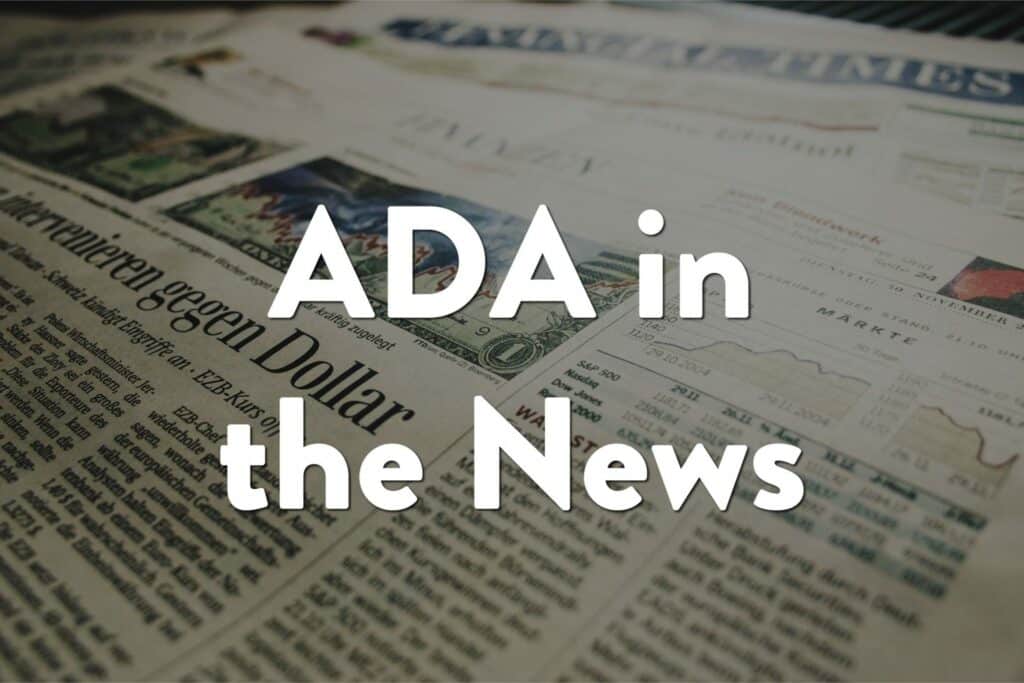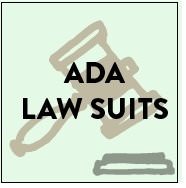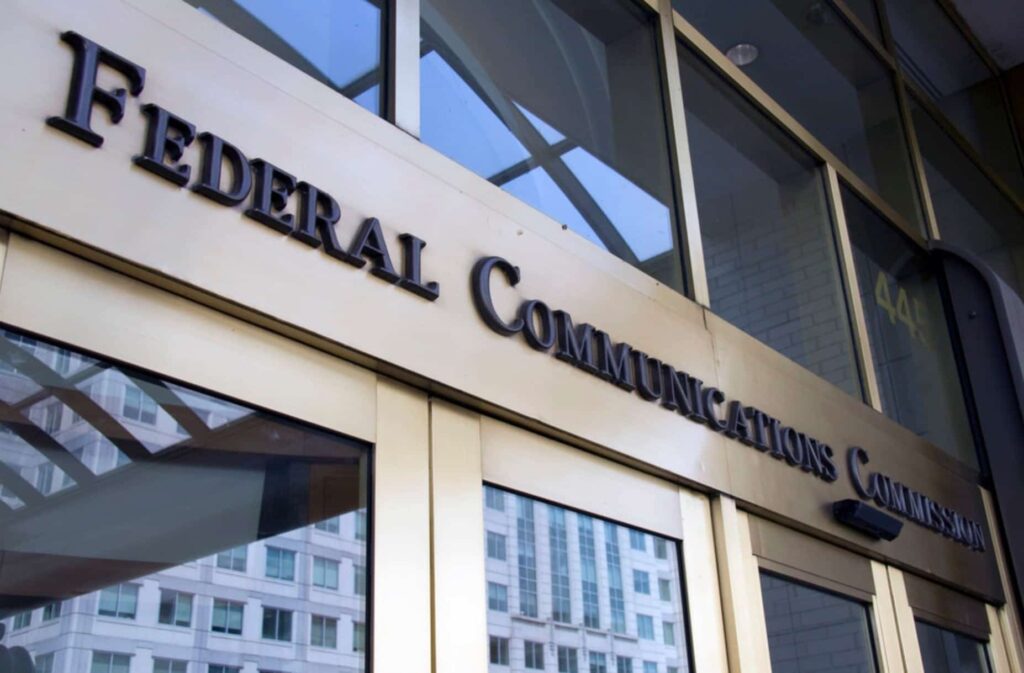Welcome to newest edition of our new monthly feature at VITAC.com that highlights recent news, updates, events, and rulings regarding the Americans with Disabilities Act.
Harvard University, MIT Closed Captioning Suit
Lawsuits against Harvard University and the Massachusetts Institute of Technology (MIT) alleging that the schools failed to caption its public online content will move forward in federal court.

Though some of the universities’ videos did have captions, NAD argued that those captions often were so bad that the content essentially was inaccessible.
Harvard and MIT say that the schools are committed to improving web accessibility, and contend in court filings that they should not be required to provide captions for third-party content — which the schools argue includes content by students, individual faculty members, and other scholars — posted on their websites.
U.S. District Court Judge Katherine Robertson, who rejected the universities’ latest attempt to dismiss the cases, agreed that Harvard and MIT could not be held responsible for the accessibility of third-party content on their websites, but disagreed with the school’s interpretation of what constitutes third-party content.
The court ruling clarified that third-party content does not include content created or developed “in whole or in part” by the universities or “someone associated” with the universities.
Takeaway: High-Quality Captions are a Must
The lawsuits once again demonstrate the importance of accessibility, and that simply adding captions to video content isn’t enough. What good are captions if they are low quality (wrong and misspelled words, grammar errors, no punctuation) and hard to understand? Clear, concise, comprehensible captions are essential.
Captions traditionally are created by people, highly trained professionals who understand the nuances of language and bring human sensitivities and contextual awareness to the captioning table. VITAC, a full-service captioning company and industry leader in captioning and accessible media solutions for more than three decades, strongly believes in the essential human element in creating captions. Our skilled, professional captioners are dedicated company employees, recruited, trained, tested, and reviewed by VITAC to ensure round-the-clock, reliable, secure, and accurate service.
Settlement Reached in Blue Cross/Blue Shield ADA Suit

According to EEOC’s lawsuit, a woman, who is deaf, applied online for an open claims examiner position with the insurance company. She was asked to complete an assessment exam that included an audio portion that was inaccessible to the applicant because it contained no captions or other visible accommodations for those with hearing difficulties. The woman was unable to complete the audio portion of the exam and, therefore, was unable to complete the application process.
The suit says the woman contacted BCBS, informed the company of her disability, and requested accommodations for the exam’s audio portion. The suit alleges that the company soon stopped communicating with the woman even though she made repeated unsuccessful attempts to follow up. As a result, she was not able to complete the application process.
The EEOC’s suit charges that BCBS’s failure or refusal to hire the candidate, a qualified individual with a disability, violated the ADA, which protects employees from discrimination based on their disabilities and requires employers to make reasonable accommodations for employees’ and applicants’ disabilities.
The settlement signed last month calls for BCBS to provide monetary relief, conduct yearly ADA training courses, and inform applicants and employees with disabilities of their rights, including the right to receive reasonable accommodation, such as captions, during the application process. BCBS also agreed to a communication policy for DHOH applicants to ensure they could more easily apply for open positions.
Deaf Worker’s Suit Moves Forward Against UPS

U.S. District Judge Richard Bennett denied the package delivery and supply chain management company’s bid to dismiss the suit brought by an employee who worked in the company’s Frederick, Maryland, distribution center. The man claims UPS discriminated against him because he is deaf, arguing that he was never given a sign language interpreter for important meetings despite requesting one for years.
The suit alleges that although supervisors knew that the employee was deaf, they didn’t let him use a sign language interpreter during meetings and other events where he needed one, such as when he needed to discuss his schedule or compensation or when his work performance was being evaluated.
Because of his supervisors’ alleged refusal to let him use an interpreter during the time that he worked at the facility, the man claims he was shut out of numerous meetings, that managers ignored requests to talk about his working conditions, and that he was passed over for extra work in favor of other workers, according to the complaint.
In its motion to dismiss the case, UPS argued that the employee didn’t properly file his discrimination charge with the EEOC and that his suit referred to conduct that allegedly took place before a 300-day statute of limitations period.
The court rejected those arguments, ruling that the worker’s allegations were timely, and that the EEOC charge “included facts sufficient to support a discrimination claim.”
UPS officials say the company has and will continue to work with the plaintiff to provide a welcoming work environment, including access to American Sign Language interpreters.
Accessibility Always
The Blue Cross/Blue Shield and UPS cases highlight an employer’s responsibility to provide reasonable workplace accommodations for deaf or hard-of-hearing employees, helping them communicate and providing the resources they need to succeed. It’s often a good idea to put some of these practices to use even before they are requested, because even those without hearing loss have different preferences when it comes to communication. It is also important to discuss a plan for accommodation on a case-by-case basis for new employees who are deaf or hard of hearing.
Some of the accommodations that a company can make for its deaf and hard-of-hearing employees include bringing in a sign language interpreter, providing text phones, using more written memos and company communications, and supplying other visual notifications. Employers also can go a long way towards accommodating their DHOH employees by providing closed captions to company videos and training materials.
How VITAC Can Help
As the largest captioning company in the country, VITAC works closely with caption clients, viewers, and advocates and though not all video must be captioned by law, we strongly believe that everything should be as captions provide myriad benefits for all viewers.
Providing accessible solutions for all – whether it be via captioned content or sign language interpreters – not only satisfies ADA requirements but also is the right thing to do.




